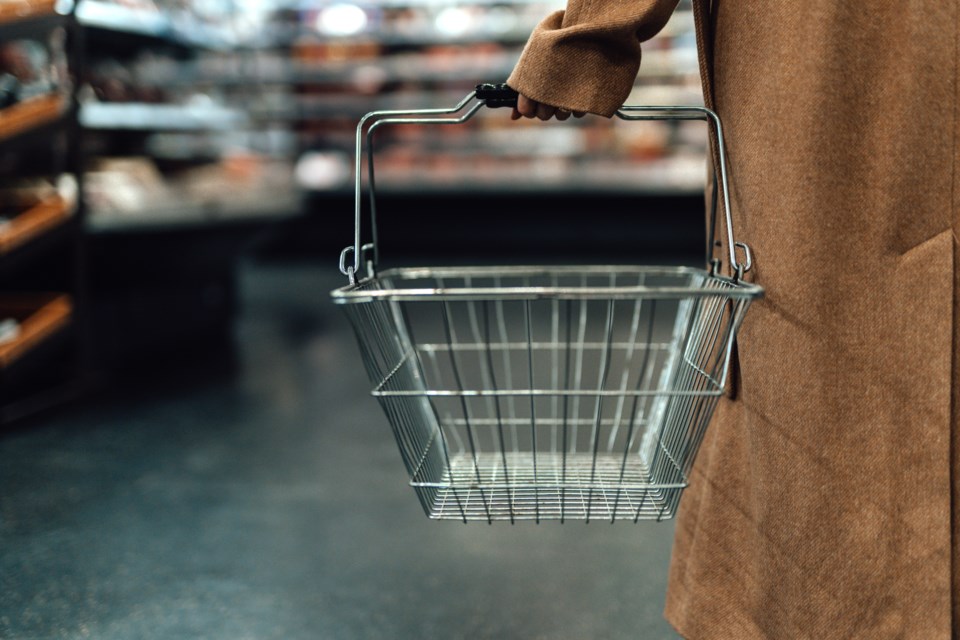This is what happens when those who are full make decisions about those who are hungry.
If you know nothing else about the 2023 federal budget released on March 28, you likely know about the grocery rebate. There has been plenty of press around it, and if you go to the Government of Canada site about the budget, it is the first item listed under “Making Life More Affordable.”
Are they kidding?
The $467 one-time federal grocery rebate for a family of four, $234 for a single person and $234 for a senior that is set to go out to 11 million low and modest-income in this country is completely out of touch with the reality so many are living right now, especially in Squamish.
A common tactic of reporters is to ask politicians how much a loaf of bread or litre of milk costs. The idea is to see if they understand what their constituents — who likely make far less with fewer benefits — go through. It is always enlightening and seems a valid question right now.
Have federal politicians touting this grocery rebate gone out and bought a cart full of food lately?
While things aren’t increasing as much as they were — In February, costs rose 10.6% compared with in 2022, down from an 11.4% increase year-over-year in January — it is still panic-inducing for local families to buy the week’s groceries.
“Consumers may still feel sticker shock at the grocery store because the products they buy are up closer to 15% or 20%,” Sylvain Charlebois, director of the Agri-Food Analytics Lab at Dalhousie University, told The Canadian Press.
As of April 10, at a Squamish grocery store, an average loaf of bread is $4.19, four litres of 1% milk is almost $6; .5 kilogram of ground beef is about $6.50; an eight-pack of toilet paper is about $12. That is for the basics. Want to go crazy and have a ‘fancier’ meal at home? A small container of strawberries is $7.19, and a couple of top sirloin steaks are $27.
Of course, the day the federal cheque arrives, folks will have a better week than the one before — something is better than nothing.
And to be fair, there is a lot of good stuff in the federal budget that will truly help many.
The new Canadian Dental Care Plan, for example, which will provide dental coverage for the children of uninsured Canadians with an annual family income of less than $90,000, is going to make a difference.
The move to automatic tax filing for more low-income Canadians makes a lot of sense and will mean more of those who need it receive the benefits they are entitled to.
But to highlight this one-time injection of cash for groceries is like handing a boater in a sinking canoe on Howe Sound a soup ladle.



.png;w=80;h=120;mode=crop)
